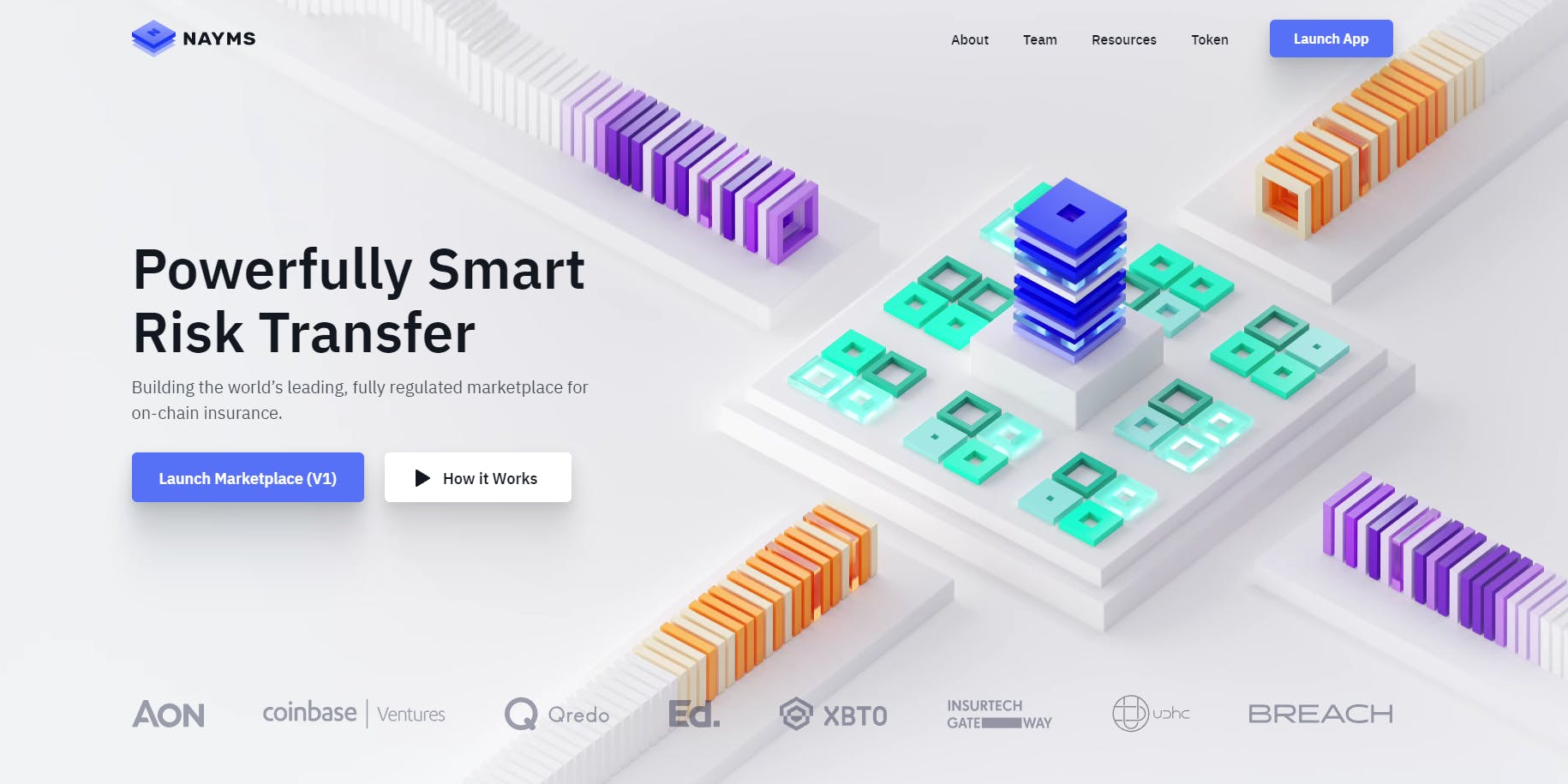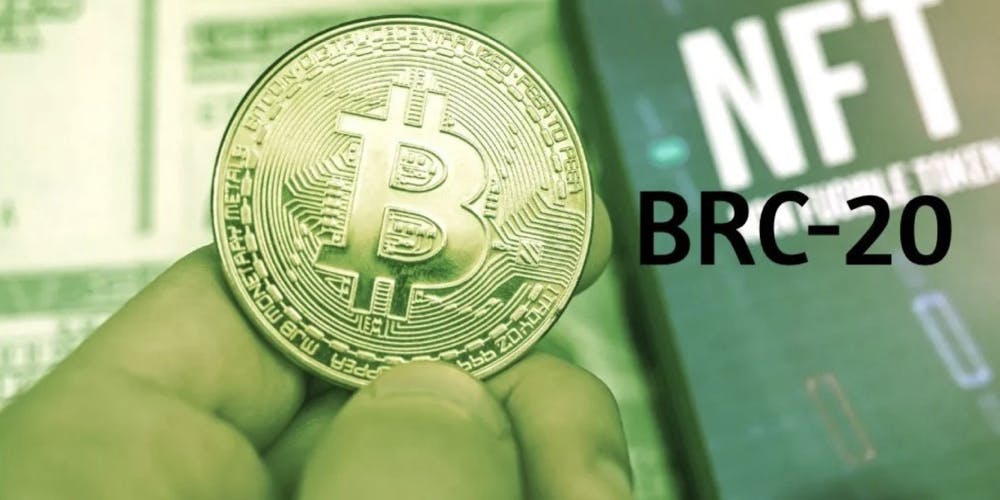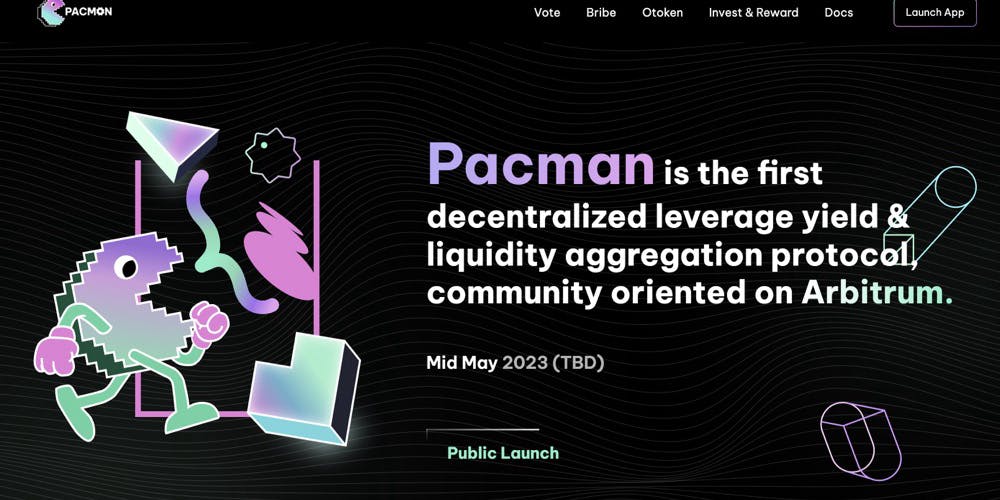
Open Campus: Binance's Web3 Top Education Protocol
Binance announced the launch of the 31st Launchpad project, Open Campus (token EDU), in late April. The protocol is a platform that combines educational creation and blockchain technology, aiming to encourage educators to contribute to society and receive recognition, and to provide a global Web3 learning system for students worldwide.
The IEO for Open Campus concluded on April 28, selling 50 million tokens at a price of $0.05 each, raising a total of $2.5 million. After the token was listed, its price surged 30 times in the short term, and after a brief fluctuation, it stabilized at around $1.25. The return on investment (ROI) reached as high as 2400%, with the all-time high (ATH) ROI exceeding 3200%. The IEO for Open Campus was a huge success, holding significant meaning for Binance.


This article will interpret the mysterious and miraculous protocol of Open Campus, uncover the story behind the IEO, analyze the prospects of the EDU token, and share perspectives on the Web3 education track.
Open Campus
Open Campus is a platform that combines educational creation and blockchain technology. It allows educators to create and share their innovative educational materials, and students can choose the materials they need to study according to their own needs. Its features include community creation, ownership, and promotion of content that users want to know about worldwide. Educators can earn income through the protocol and receive recognition from learners and the platform for their contributions.
The platform's users can be divided into three categories:
-
Community learners: They can learn the educational content they need.
-
Creators: They can publish their content on the protocol by issuing Publisher NFTs, and the sales rights of educational content and courses can also be converted into NFTs, allowing the trading of these NFTs to share the revenue behind the educational courses.
-
Philanthropists: They can support such educational causes directly through donations and track their donated assets through on-chain data.
In short, Open Campus combines the education market and publishing with the tokenization mechanism of Web3 through smart contracts on a decentralized platform. Why did the seemingly ordinary Web3 education project Open Campus successfully pass Binance's strict review standards and become a new Launchpad project? And how did it achieve such great success in the IEO?
Open Campus
Open Campus aims to create a Web3 education protocol platform led by the community, with the vision and goal of breaking down the barriers of Web2 education and helping more users enter Web3 more conveniently, thereby bringing greater incremental market and development space to the industry.
The initiator of Open Campus is the traditional education company TinyTap, which provides a no-code platform that allows educators to create and distribute interactive educational content and earn a share of the revenue based on usage. Headquartered in Tel Aviv, Israel, TinyTap was founded by Yogev Shelly and Oren Elbaz in 2012. In a recent round of financing, TinyTap raised $8.5 million, with investors including Sequoia China, Shima Capital, Polygon, Liberty City Ventures, Kingsway Capital, and GameFi Ventures. In June 2022, well-known Web3 venture capital firm Animoca Brands, which had previously invested in TinyTap in 2015, acquired 84% of TinyTap's shares for $38.9 million, with plans to transform it into a Web3 platform. A few months later, TinyTap conducted its first NFT issuance, generating approximately 139 ETH in revenue from TinyTap Publisher NFTs, with half of the revenue going to the creators.
As a mature Web2 company, TinyTap already has a strong user base, serving over 100,000 educators and over 9 million families worldwide. TinyTap is also one of the top ten highest-grossing children's apps globally and one of the top ten profitable educational apps on the App Store and Google Play. It has over 250,000 games and partnerships with several well-known publishers such as Oxford University and Sesame Street. From 2019 to April 2022, TinyTap generated approximately $17.6 million in revenue.
From the data, TinyTap's Web3 initiative has been successful. According to DappRadar, as of April 25, TinyTap ranked fifth among all DApps on the BNB Chain. In the past 30 days alone, TinyTap had over 496,000 active interactive wallets and over 782,000 transactions.
Mysterious Relationship with Binance
In addition to the strong support behind Open Campus from TinyTap, its partners also include previous venture capital investors Animoca Brands, The Sandbox, Hooked Protocol, and Highstreet, many of which are related to projects within the Binance ecosystem.
As Open Campus itself emerged out of nowhere with very little project information, the community discovered that its Twitter account was registered in March of this year, the domain was purchased on March 18, and it was only purchased for a one-year period. The Discord was created in April, and early team members remained anonymous. It is hard not to speculate about the reasons behind such a hasty and mysterious project being listed on Binance IEO.
Looking back at Binance, there have been no significant IEOs since GMT, and unlike the previous Launchpad community celebrations, these recent IEOs have been met with negative feedback. In particular, Open Campus was listed after Hooked Protocol (HOOK), both of which are education-related tokens and both seemed to be hasty projects with a Web2 flavor, leading to criticism within the community before the IEO: Binance IEOs are becoming less credible, they are wild chicken projects, they are HOOK's bestie coin, and so on.
However, both teams responded and clarified a series of scandals criticized by the community:
-
The Open Campus team announced the list of EDU council members, including some well-known figures such as Yat Siu, co-founder of Animoca Brands, Yogev Shelly, founder and CEO of TinyTap, Jay Varkey, executive director and board member of GEMS Education, Jack Chorowasky, former chairman of the KIPP Foundation, and Yida Gao, founder of Shima Capital.
-
Binance has always been optimistic about the education sector. Earlier this year, CZ posted Binance's 2023 focus, with education being the top priority. As a trading platform, Binance is the biggest beneficiary of industry traffic growth, so Binance is eager for more people to enter the Web3 industry, and the education sector is a good entry point to lower the barrier for users to enter Web3.

In terms of the results of this IEO, it was undoubtedly successful on Binance Launchpad, and the token price surged after listing, reaching an ATH ROI of 3500%, which has silenced the previous rumors. However, what does the future hold for EDU? Let's continue to understand its role, potential, and risks.
Token Economic Model
According to the official whitepaper, the total supply of EDU is 1 billion tokens, and it is a BEP-20 token on the BNB Chain. After listing, the circulating supply is 145 million tokens (14.5% of the total token supply). EDU will serve as the native utility token of the Open Campus Protocol ecosystem, with functions including:
-
Governance: EDU holders can propose and vote on DAO proposals (e.g., participating in planning the allocation of tokens to the ecosystem).
-
Payment: EDU can be used as a payment method for products and services offered by companies adopting the protocol (e.g., TinyTap, where a percentage of the revenue will be allocated to the protocol).
-
On-chain revenue sharing: Contributors (including content creators, publishers, and the platform) receive a share of the protocol's revenue in EDU.
-
User acquisition: EDU can be used to reward and guide Web2 users to join Web3, as they can receive discounts when accessing products offered by ecosystem partners (e.g., TinyTap).
-
Content ownership: Users can purchase joint ownership of Publisher NFTs with EDU.
Additional potential functions in the future may include:
-
Serving as a currency for transactions on the Open Campus Protocol market (e.g., cooperative publishers purchasing Publisher NFTs).
-
Completing funding projects and scholarship distribution through smart contracts.
-
Decentralized peer review evaluation system.
-
Assisting future education partners (such as Oxford University Press, schools, and GEMS Education) in adopting the Open Campus Protocol.

The token distribution of EDU is as shown in the following figure:



EDU ecosystem diagram: The circulation and usage steps are as follows:
-
Content creators first generate educational content and provide learning materials and textbooks.
-
Content creators pay EDU tokens for reviewing the educational materials they have created.
-
Once the peer review approves the content, the creator can pay to publish and mint the content onto Publisher NFTs.
-
Content creators can sell Publisher NFTs on the market, which are purchased by Publisher NFT buyers (or co-publishers), i.e., the learners. Co-publishers can be understood as joint publishers responsible for promoting the created content.
-
Learners register on the platform, use EDU to purchase course content, and obtain certified degrees upon completion of the course.
-
The income from the published content of Publisher NFTs will be shared by content creators, co-publishers, the education platform, and the EDU Foundation.
EDU's consumption scenarios include:
-
Content creators paying for review applications
-
Content creators paying to mint Publisher NFTs
-
EDU Foundation providing basic rewards to content creators
-
Co-publishers/learners purchasing content
EDU's governance voting rights: Token holders can participate in the decision-making of the Open Campus Protocol (creating a decentralized educational course designed and planned by teachers and other content creators) by voting on future proposals through Snapshot.

Open Campus
Open Campus is a project in the blockchain industry's education track, established to bring more users from outside the blockchain ecosystem into the blockchain ecosystem. Since it targets Web2 users outside the ecosystem, the user base is expected to be large. It also aims to attract Web3 educational content creators, combining copyrights, intellectual property rights, and NFTs to incentivize content creation. The blockchain industry's ever-changing nature ensures a constant stream of new projects, technologies, and gameplay. Therefore, in the long run, the education track has clear demand and a large potential user base, providing strong growth momentum for the project.
Overall, Open Campus can not only innovate the traditional education industry through blockchain technology but also establish a Web3 learning system to break down the barriers to entry for ordinary users and cultivate more Web3 users, injecting fresh blood and vitality into the industry's continued development.
However, balancing the learning mode and incentive mechanism to truly enhance users' industry awareness and achieve a positive ecological cycle remains a significant challenge. While the project's overall framework has a clear blueprint, specific aspects such as educational content presentation, purchase operations, the percentage of Publisher NFT revenue distribution, and the impact of governance voting have not been disclosed. In particular, the subsequent linear unlocking and release of EDU into the market, whether the project's ecosystem construction can keep up with the increasing circulation, support stable price increases, and meet the demands of content creators for holding tokens (for review and minting), the attractiveness of content to stimulate purchases, and whether learners truly benefit and the value of certification degrees are all questions that will shape the future development and planning of this project. Whether Open Campus can become a top Web3 education project remains to be seen.
If you are interested in learning more about it:
Official website: https://www.opencampus.xyz/
Twitter: https://twitter.com/opencampus_xyz
Whitepaper: https://open-campus.gitbook.io/open-campus-protocol-whitepaper/
IEO information: https://www.binance.com/en/support/announcement/introducing-the-open-campus-edu-token-sale-on-binance-launchpad-1d762131ed2c434fa78044ab69d6b099
Follow Us
veDAO is a decentralized investment and financing platform led by a DAO, committed to discovering the most valuable information in the industry and dedicated to exploring the underlying logic and cutting-edge tracks of the digital encryption field, allowing every role within the organization to fulfill its responsibilities and receive rewards.
Website: https://app.vedao.com/
Twitter: https://twitter.com/vedao_official
Telegram: t.me/veDAO_zh
Discord: https://discord.gg/NEmEyrWfjV
Investment carries risks, and the project is for reference only. Please bear the risks on your own.




